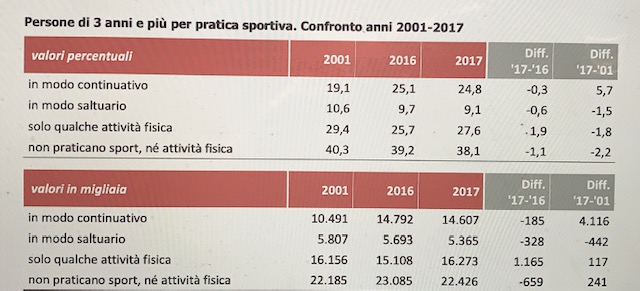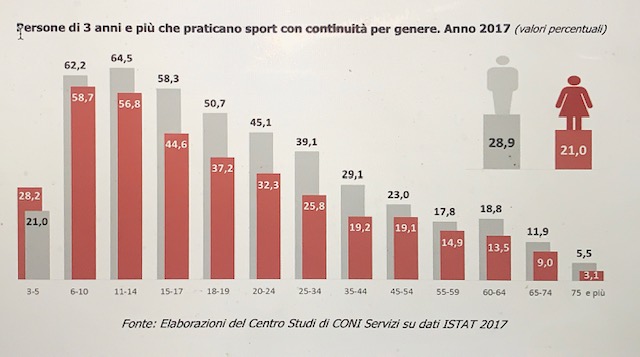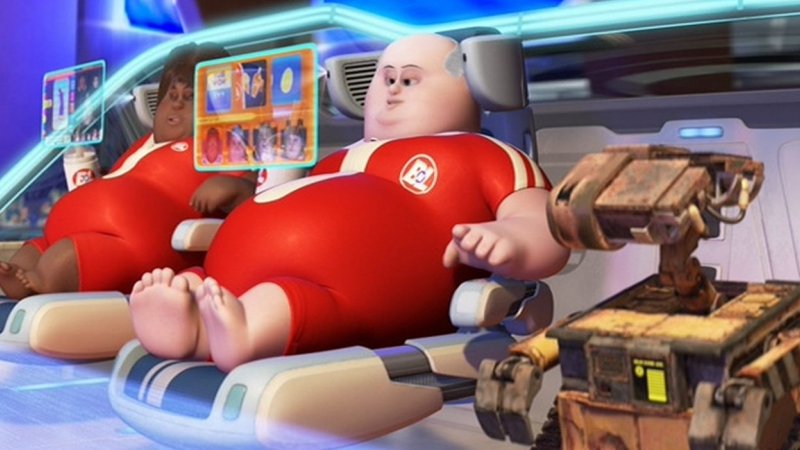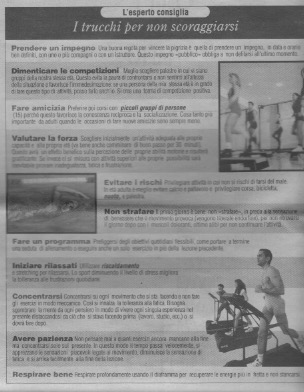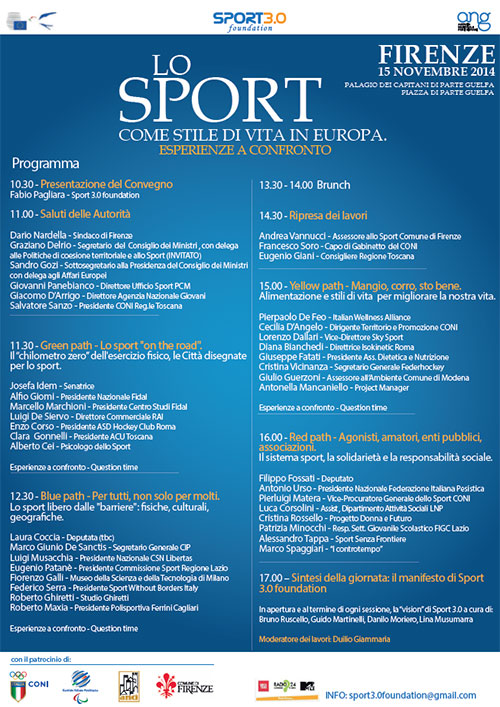Lifestyle is responsible for up to 76% of changes in the ageing of the brain according to “Age UK and there are 5 steps people can take to maintain brain health and reduce their risk of developing dementia.
The review of academic studies and data reveals that about 76% of cognitive decline – changes in thinking skills with age including memory loss and speed of thinking – is accounted for by lifestyle and other environmental factors including level of education.
The finding from The Disconnected Mind, an Age UK funded research project into how thinking skills alter with age, which was part of the analysis, suggests that there is significant potential to influence these changes.
Furthermore, Age UK’s review, which included the latest international dementia studies, indicates that certain lifestyle factors – regular physical exercise, eating a Mediterranean diet, not smoking and drinking alcohol in moderation – decrease the risk of developing Alzheimer’s, and other forms of dementia. In addition, preventing and treating diabetes, high blood pressure and obesity were also found to reduce the risk of dementia.
Exercise ‘most effective’ way to prevent cognitive decline
One large UK study carried out over 30 years found that men aged between 45 and 59 who followed 4-5 of the identified lifestyle factors were found to have a 36% lower risk of developing cognitive decline and a 36% lower risk of developing dementia than those who did not.
Age UK’s evidence review also revealed that physical exercise – aerobic, resistance or balance - was the most effective way to ward off cognitive decline in healthy older people and reduce the risk of developing Alzheimer’s disease. Studies suggest that exercise 3 to 5 times a week for between 30 minutes and an hour is beneficial.
Significantly more cases of Alzheimer’s among smokers
But the evidence review also showed that a healthy diet, moderate alcohol intake and not smoking also play a role in ensuring healthy brain ageing as well as reducing the risk of developing dementia.
It found that there are significantly more new cases of Alzheimer’s among current smokers compared with those who have never smoked.
The review also backed up claims that very heavy drinking is also linked to dementia, resulting in the loss of brain tissue particularly in the parts of the brain responsible for memory and processing and interpreting visual information.
Moderate levels of alcohol, however, were found to protect brain tissue by increasing good cholesterol and lowering bad cholesterol.
According to the latest estimates, there are 850,000 people in the UK living with dementia. It will affect one in three people over the age of 65.
‘There are simple and effective ways to reduce our risk’
Age UK hopes the new evidence will spur people to make changes which will help them reduce the risk of developing dementia.
Caroline Abrahams, Charity Director of Age UK said ‘While there’s still no cure or way to reverse dementia, this evidence shows that there are simple and effective ways to reduce our risk of developing it to begin with.
‘What’s more, the changes that we need to make to keep our brains healthy are already proven to be good for the heart and overall health, so it’s common sense for us all to try to build them into our lives. The sooner we start, the better our chance of having a healthy later life.”
(From Age UK)
